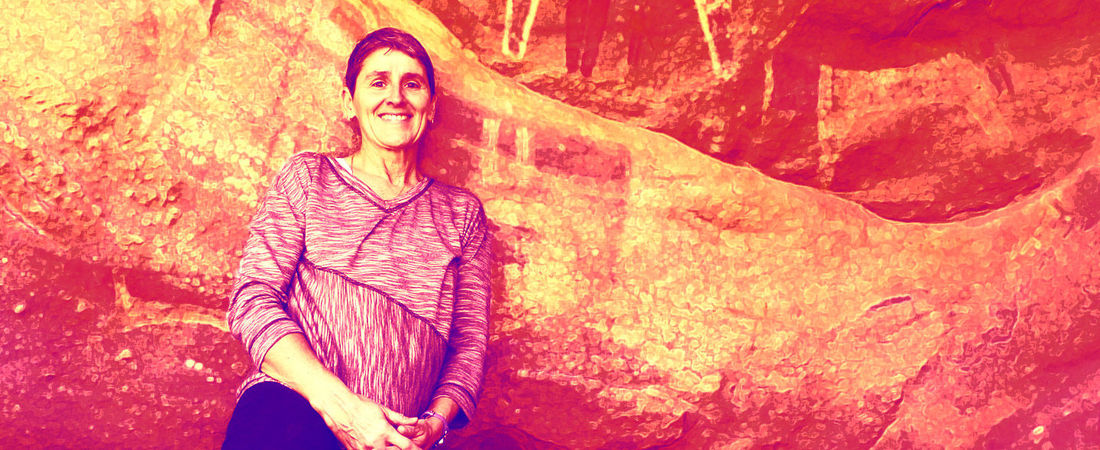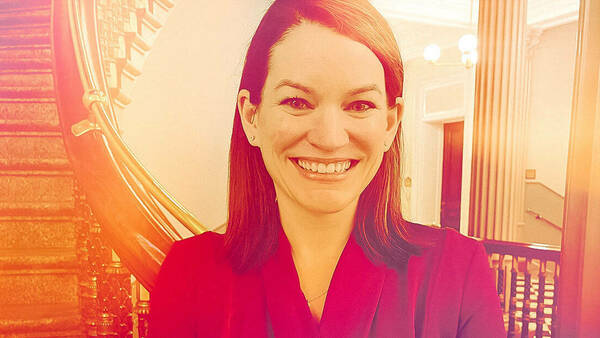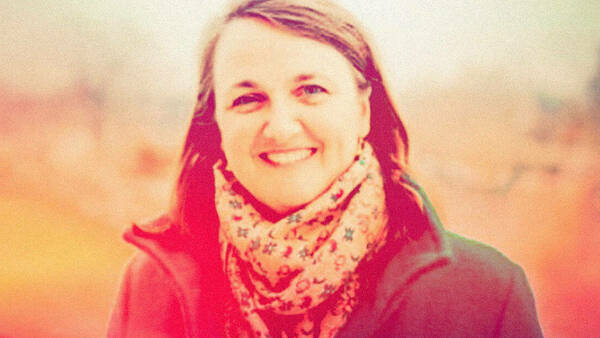Each time she prepares to visit a new country for her poverty-fighting work as a senior financial sector specialist with the World Bank, Cari Votava ’85 J.D. has a ritual: she reads a book on the country’s history.
It’s a small step that allows her to appreciate the country’s traditions and culture before she dives into the hard work of helping it strengthen its financial system to better support the private sector and lift people out of poverty while reducing corruption, money laundering, and terrorist financing.
“Every country is unique,” Votava says. “There can be similarities, but to work with government officials, you have to gain their trust. To do this, you have to be very sensitive to the unique characteristics of each country and avoid the tendency to make generalizations. It helps to be culturally sensitive, to recognize and appreciate the uniqueness of each country and its people, and to demonstrate an understanding and appreciation of their history.”
This approach has served her well. Over the past two decades, Votava has visited more than 65 countries, including Afghanistan, Iraq, Sierra Leone, and Somalia. She has contributed to the the international standards for fighting money laundering and terrorist financing so countries can enjoy greater stability and grow their economies to improve living standards. And she has worked with local officials across the world to help implement these standards on the ground.
“My specific focus is those countries classified as fragile, conflict and violence-affected states, most of which are the world’s poorest countries,” she says. “And that’s by choice. I find this group of countries the most challenging, but also, the most interesting and most rewarding. Every small improvement has a greater impact than in other countries.”
Votava recently returned from Afghanistan, where she helped officials as they began analyzing data for a money laundering and terrorist financing risk assessment—a process the country began in December 2017. She has done similar work in Azerbaijan, Botswana, Ghana, and Sierra Leone, and is part of efforts underway in Liberia and Gambia. These countries are among the 100 or so that have chosen to use a risk assessment tool developed by the Work Bank.
Such work requires extensive travel over a number of years, but Votava sees indications that it continues to pay off. Within the past year, she heard from officials in Sierra Leone, with whom she had been working for a decade, that the country recorded its first conviction for money laundering. For one of the world’s poorest countries, this was a huge legal milestone—one that required adopting new laws and providing training to help officials handle the technical complexities of such a case.
Earlier this year, Votava published a book aimed at helping poor but resource-rich countries to improve transparency and accountability in the licensing process in mining sectors. The idea, she says, is to help ensure mining is done in a way that creates jobs rather than padding a corrupt official’s pockets, laundering illicit gains, or funneling cash into terrorist activities. As a result of her work, she’s been invited to moderate a panel at a conference of the Extractive Industries Transparency Initiative in Senegal later this month.
Votava discovered her professional passion while attending Notre Dame Law School. As a second-year student participating in the University’s London Law Program, she enjoyed a course on international institutions. One day, the professor began class by describing the World Bank’s work to fight poverty, and she knew she had found her calling.
She had an opportunity to develop crucial expertise early in her career, after the fall of the Iron Curtain. The deputy finance minister of the Czech Republic asked her to help rewrite the country’s financial laws during the transition from a centrally planned to a free market economy, and Votava, whose grandparents were Czech immigrants to the United States, gladly accepted. The experience helped her to build skills she uses today and taught her to appreciate just how differently financial and legal systems worked across the world.
That realization continues to inform Votava’s approach to each new country. Each visit is a chance to learn new things, analyze new problems, and work with others to solve it.
“You really have to stretch your brain in a lot of different directions,” she says. “I very much enjoy my work. It’s always challenging, and I love having so many friends and colleagues in so many different countries.”



